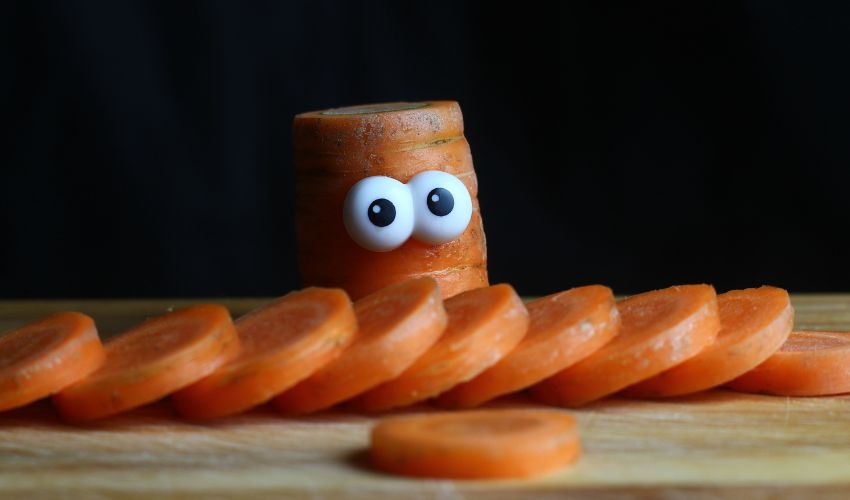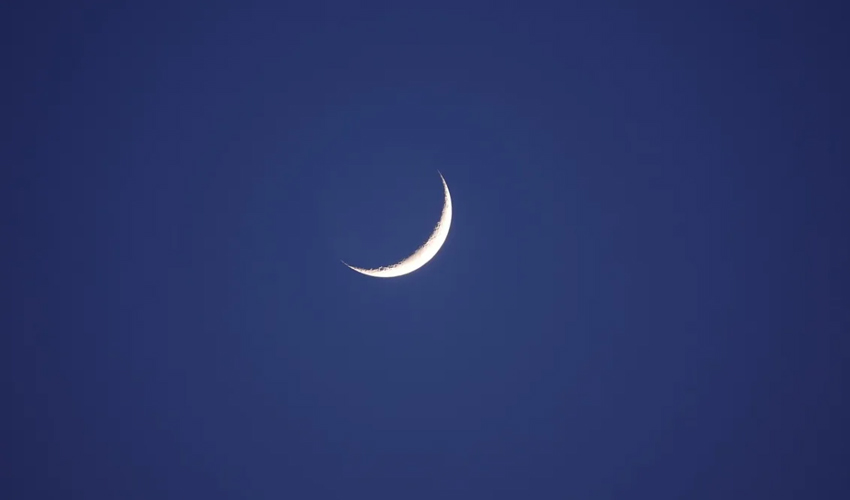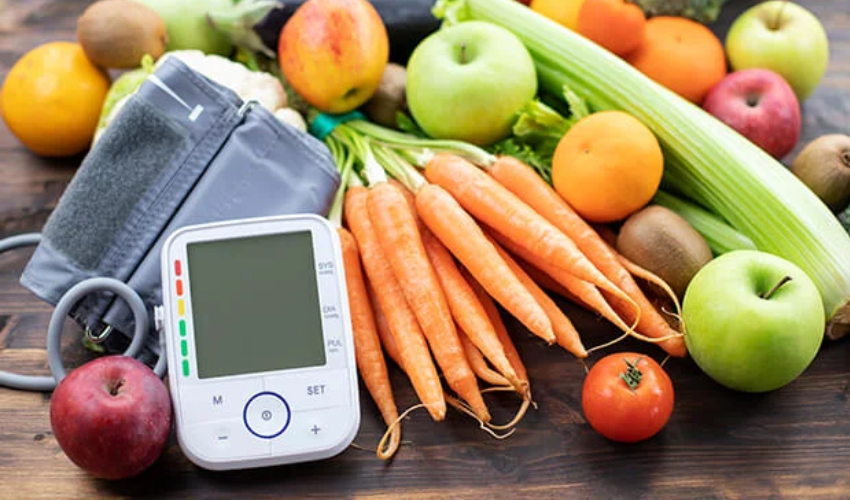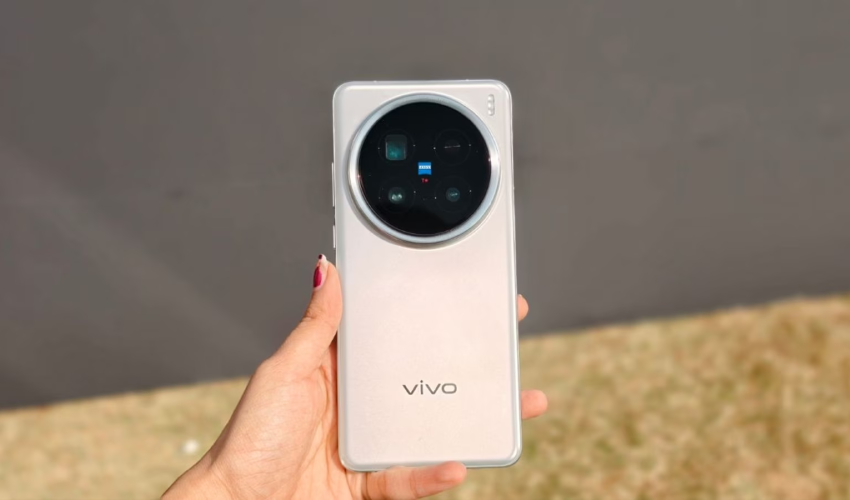Carrots contain vitamin A, or retinol, and this is required for eyes to operate in low-light conditions. If you have a vitamin A deficiency, eating carrots would correct this and improve your night vision! They won't make you superhuman though!
The idea that eating carrots helps you see in the dark is a popular myth, but it is not entirely accurate.
The rumour began in World War II. To prevent the Germans from finding out that Britain was using radar to intercept bombers on night raids, they issued press releases stating that British pilots were eating lots of carrots to give them exceptional night vision.
This fooled the British public, as well as the German military, hence an old wive’s tale was born!
Notable to mention that carrots are indeed a nutritious vegetable that contains beta-carotene –a precursor to vitamin A, which is essential for maintaining good eye health, and a deficiency in this can lead to night blindness – a condition in which it is difficult to see in low-light conditions.
However, eating carrots alone won't suddenly give you superhuman night vision or significantly improve your ability to see in complete darkness.
Your ability to see in low-light conditions depends on various factors, including the overall health of your eyes, the presence of sufficient vitamin A in your diet, and the functioning of the cells in your retina, which are responsible for detecting light.
While carrots can contribute to your overall eye health and may help prevent vitamin A deficiency, other foods like leafy greens, sweet potatoes, and liver also contain vitamin A or its precursors.
Additionally, maintaining a balanced diet and taking care of your overall health are important for preserving good vision.
In summary, while carrots and vitamin A are essential for eye health, they won't grant you night vision in the dark. A well-rounded diet and good eye care practices are key to maintaining optimal vision.



























